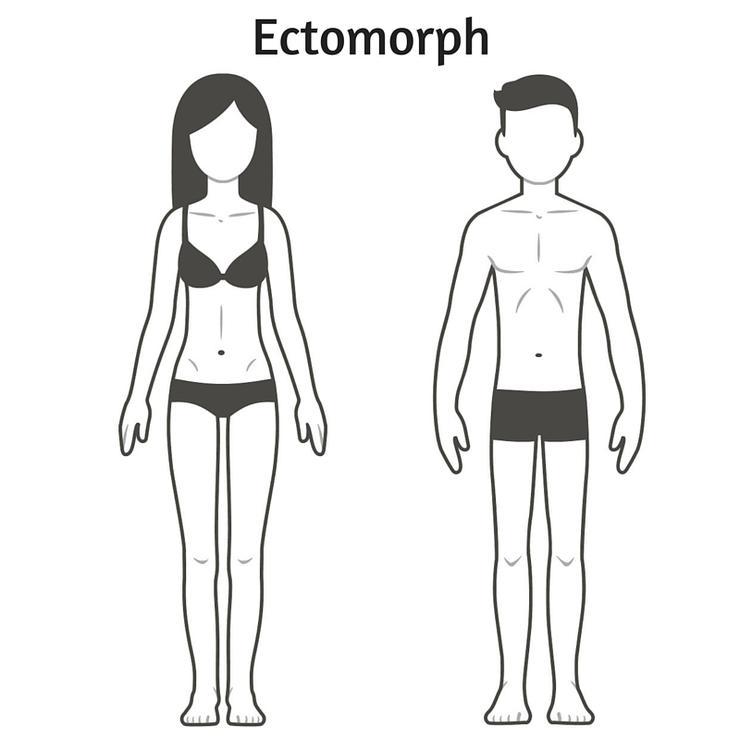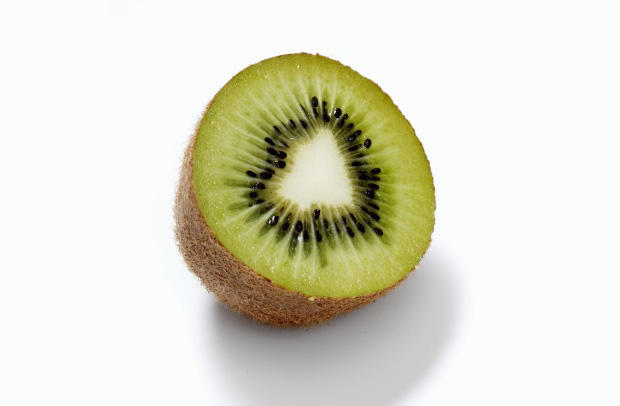Since hunger hormones didn’t seem to play a role, researchers think your extra eating could be your body’s attempt to compensate for low energy.
“We eat more than we need when we’re sleep deprived,” says Orfeu M. Buxton, PhD, and assistant professor at the Harvard School of Medicine’s Division of Sleep Medicine, who wasn’t involved in the study. Even worse, you tend to crave salty, sugary foods, not exactly leafy vegetables, he adds.
But this doesn’t mean you need to clock in 9 hours every night—it’s different for everyone. “Most people need between 7 and 9 hours of sleep, but that doesn’t mean everyone needs 8,” says Orfeu. “It’s the tyranny of the mean.”
So how do you know how much your body needs? Try this test: Clock in 9 or 10 hours a night to catch up on any lost sleep. (You’ll know you’re caught up when you wake up before your alarm goes off.) Then, take note of what time you can go to sleep without needing an alarm clock the next morning. “If you’re getting the right amount of sleep, you won’t need one,” says Buxton. “If I have exactly 7¾ hours of sleep, I don’t need an alarm.”




